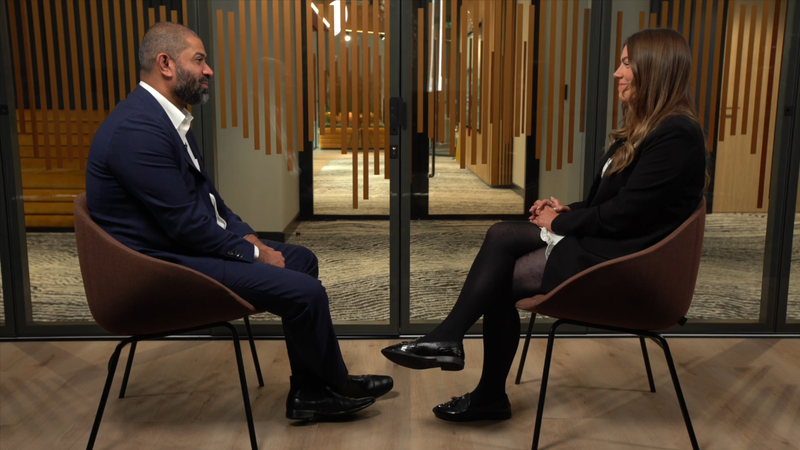We’ve witnessed a dramatic surge in the number of sponsor licences revoked and suspended by the Home Office. Between June 2024 and July 2025, 1,948 sponsor licences were revoked — more than double the previous year's figure and a stark contrast to the 250 annual revocations seen only a few years prior.
This trend highlights the growing scrutiny faced by sponsors and underscores the importance of understanding and fulfilling sponsor duties to avoid severe consequences.
Here, Head of Immigration Ikram Malik is joined by employment lawyer Claire Flavin to delve into the key responsibilities of UK sponsor licence holders and highlight the key issues they’re facing in fulfilling their duties.
Legal obligations of sponsor licence holders
Holding a sponsor licence in the UK is a significant responsibility that brings a range of obligations. Sponsors must ensure that they comply with immigration laws and wider UK laws as part of their sponsor duties.
These duties commence from the day the licence is granted, which includes verifying Right to Work checks for all workers, maintaining records for workers and adhering to the reporting and record-keeping duties. A failure to meet these obligations can result in the suspension or revocation of the licence — affecting both your organisation and its sponsored employees.
Record-keeping & reporting
Effective record-keeping is fundamental to sponsor compliance. Sponsors are required to keep detailed records of every sponsored worker, including copies of their passports, evidence of right to work in the UK, contract of employment or contract for services and contact details. Accurate and timely reporting to the Home Office is essential, such as any changes to the organisation or change of circumstances for the migrant workers.
Inadequate record-keeping or failure to report changes are the most common reasons for compliance failures and often result in enquiries from the Home Office, leading to action being taken against the organisation.
Monitoring sponsored workers
Sponsors are expected to actively monitor their sponsored employees throughout their period of sponsorship. This includes ensuring that workers continue to perform the role and duties that they were sponsored for and receive at least the income specified on their CoS.
Regular internal audits and spot checks can help to identify issues early on and prevent breaches. Common pitfalls include failing to maintain a record of absences — which require notification via the Sponsor Management System — or changes in job duties. These can have serious repercussions for the organisation and sponsored individuals.
Robust HR systems
Implementing robust HR monitoring systems is critical for ongoing compliance. Automated processes for tracking visa expiry dates, contract changes and reporting deadlines can significantly reduce the risk of oversight. Comprehensive training for HR staff and clear policies for managing sponsored workers are also essential.
Without effective systems and automated reminders, sponsors can easily fall foul of remaining compliant with their sponsor duties.
Key issues & challenges
UK sponsors face several challenges in meeting their licence obligations. These include keeping up with frequent changes to immigration rules, managing the administrative burden of record-keeping and ensuring consistent reporting.
Many organisations also find it difficult to maintain adequate oversight of sponsored workers, especially in larger or decentralised teams. The recent spike in licence revocations illustrates the consequences of failing to address these challenges proactively.
Talk to us
With unprecedented levels of enforcement activity by the Home Office, UK sponsor licence holders must take a proactive approach to compliance. Understanding the core legal duties, prioritising accurate record-keeping and investing in robust HR systems are all vital steps to take. By staying vigilant and committed to best practices, sponsors can minimise risks and ensure their continued ability to employ skilled workers from abroad.
As a specialist immigration law team, we’re experts on the fast-changing UK immigration regime and key geopolitical events that impact it.
Talk to us by giving us a call on 0333 004 4488, sending us an email at hello@brabners.com or completing our contact form below.





